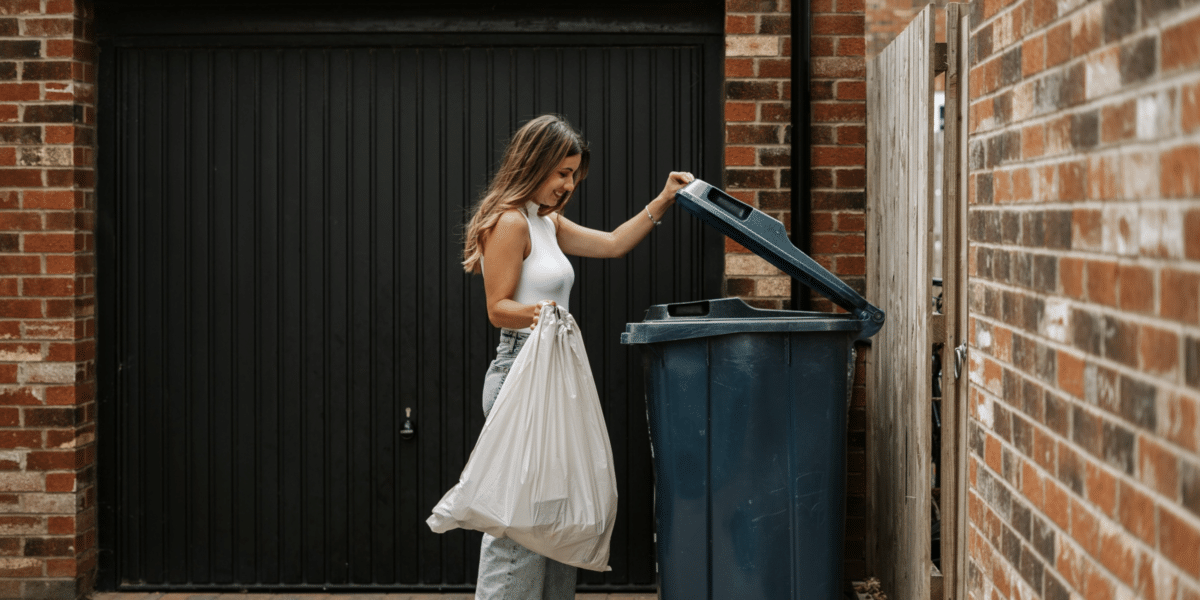Clear Your Space, Clear Your Mind: The Power of Decluttering

How Does Clutter Impact Mental Well-Being?
The relationship between physical clutter and mental well-being has been a topic of interest for many psychologists and researchers. A disorganized environment can feel overwhelming, contributing to stress and mental fatigue. While not everyone experiences the same effects, some experts believe that cluttered spaces can overstimulate the brain, making it harder to focus or relax.
Clutter also tends to evoke emotional responses. Items left out in the open can serve as reminders of unfinished tasks, triggering feelings of guilt or frustration. For many, a cluttered home reflects a lack of control over their surroundings, which can subtly influence how they approach other aspects of life. Addressing clutter may not be a cure-all for stress, but it can help create a more calming and supportive environment.
Can Decluttering Enhance Productivity and Focus?
While the effects of decluttering vary among individuals, many people report that tidier spaces help them concentrate better. Without the distractions of excess items, the mind has fewer competing demands for its attention. This can make it easier to complete tasks efficiently and with greater focus.
Some studies suggest that clearer workspaces can improve task performance, especially for activities that require sustained attention. Decluttering, however, is not solely about improving productivity. For some, it’s about creating a space that feels more enjoyable and functional. A clean desk, for instance, might serve as a blank canvas that inspires creativity rather than hindering it.
What Makes Decluttering Emotionally Challenging?
Deciding what to keep and what to let go of can be emotionally taxing. Objects often hold sentimental value or represent a connection to specific memories or people. Letting go can feel like losing part of that connection, even when the item is no longer useful or practical.
For others, the challenge lies in the fear of needing something later. This fear can lead to holding onto items “just in case,” even if they haven’t been used in years. Over time, these tendencies can contribute to an accumulation of belongings that no longer serve a clear purpose. Recognizing that decluttering doesn’t erase memories but rather clears space for new opportunities can help ease these emotional hurdles.
Why Is Decluttering Linked to Mental Clarity?
The act of decluttering often mirrors an internal process. Sorting through items encourages individuals to evaluate what matters most, both in their physical space and their mental outlook. This reflection can bring a sense of clarity and relief, as it creates room for focusing on current priorities rather than dwelling on the past or potential future needs.
Moreover, decluttering can foster a sense of accomplishment. The physical results of tidying up are often immediate and visible, which can boost confidence and encourage further progress. For some, this process may even feel therapeutic, offering a tangible way to regain a sense of control over their environment.
Is Minimalism Necessary to Achieve the Benefits of Decluttering?
While some advocate for a minimalist lifestyle as the ultimate form of decluttering, not everyone finds this approach appealing or practical. Minimalism focuses on reducing possessions to the bare essentials, but this isn’t the only way to create a harmonious space. Decluttering can be tailored to individual needs, balancing functional, sentimental, and aesthetic considerations.
For many, the goal isn’t to own as little as possible but to curate a space that feels manageable and aligned with their preferences. This might mean keeping cherished items while discarding duplicates or unused belongings. Decluttering is a personal journey, and there is no universal formula for success.
How Can Small Steps Make a Big Difference?
For those feeling overwhelmed by the thought of decluttering, starting small can be a helpful strategy. Tackling a single drawer, shelf, or corner can build momentum and provide a sense of achievement. Over time, these small victories can accumulate, making the overall process less daunting.
One effective method is to focus on one category at a time, such as clothing, books, or kitchen items. This approach allows for deeper reflection and prevents decision fatigue. Another helpful technique involves asking simple questions, such as, “Does this add value to my life?” or “Would I buy this again today?” These questions can clarify which items truly deserve a place in the home.
What Are the Long-Term Benefits of Decluttering?
Decluttering is more than a one-time activity; it’s a practice that can lead to lasting improvements in well-being. Over time, maintaining a tidy space can reduce stress, improve daily routines, and create a more enjoyable living environment. It may also encourage more intentional decision-making when bringing new items into the home.
Additionally, decluttering often fosters a mindset of mindfulness. By focusing on what is truly important, individuals may find it easier to let go of unnecessary distractions, both physical and mental. This shift can extend beyond the home, influencing time management, relationships, and even financial habits.
The ultimate aim is not perfection but balance. A decluttered space doesn’t need to be completely bare to offer its benefits. It simply needs to reflect what is most meaningful and useful to the individual, creating a foundation for greater clarity and peace of mind.

